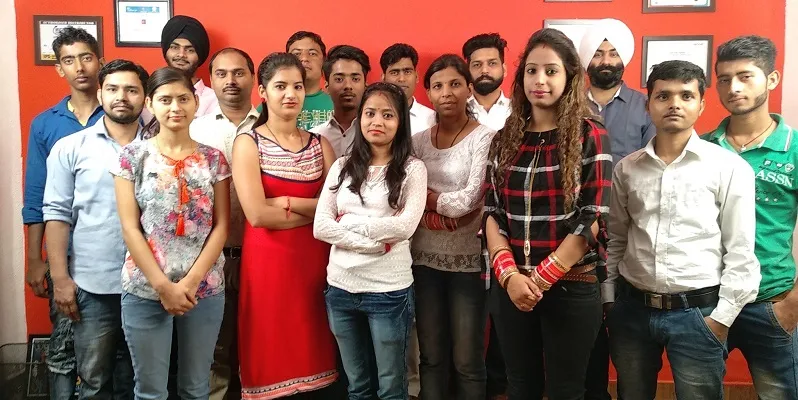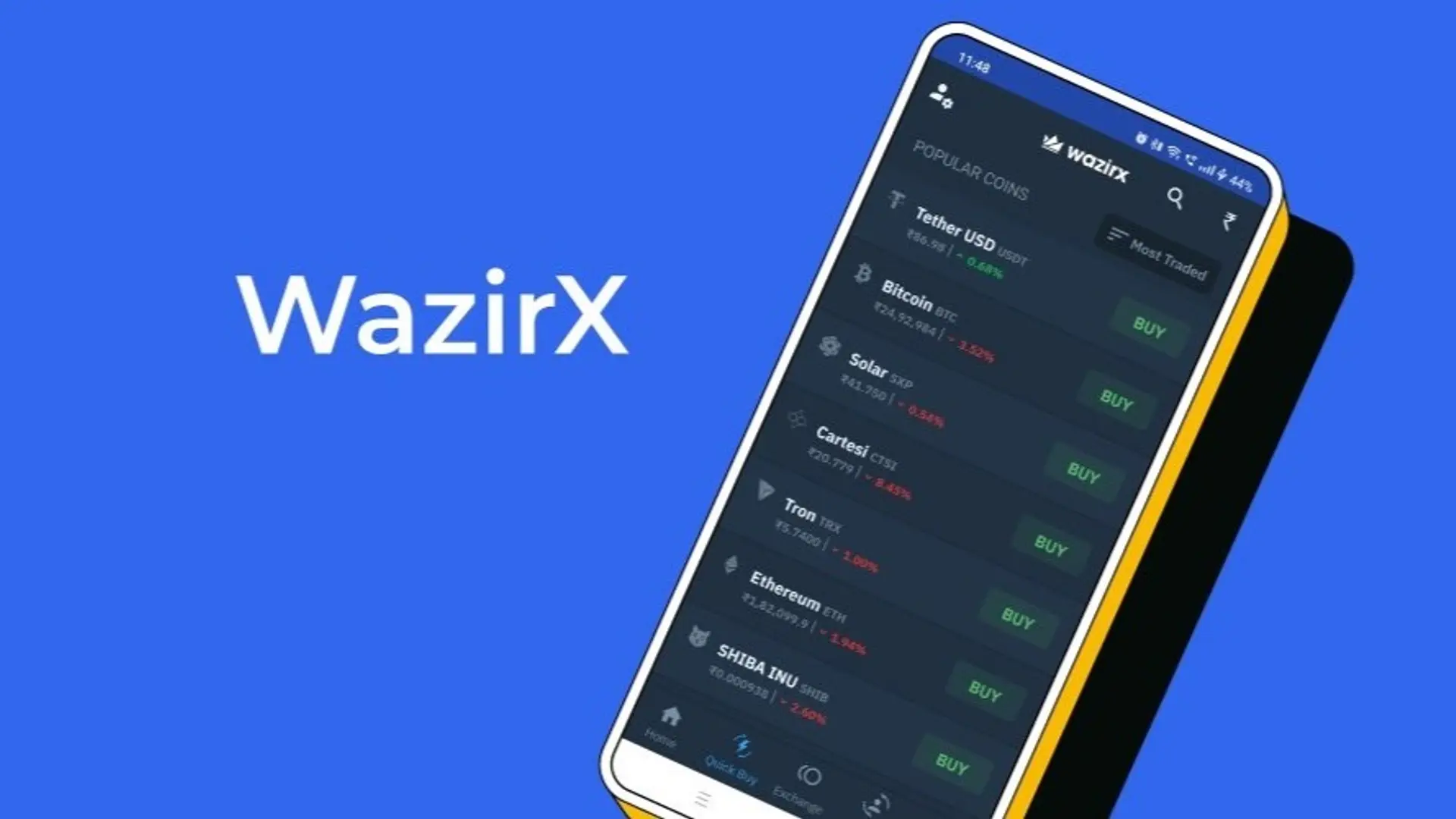The sun shines bright on Loom Solar, a one-stop shop for all solar power needs
Faridabad-based Loom Solar is a marketplace that curates solar products such as panels, chargers, and inverters from various premium brands.
India has its fair share of sunny days and the country has been increasingly exploring solar energy as a viable and sustainable alternative to fossil fuels. The numerous government initiatives and mushrooming solar companies mean there has never been a better time to explore solar power. But the ground reality of solar energy usage is still far from satisfactory.
With this in mind, brothers Amol and Amod Anand were keen to educate people about the benefits of switching to solar energy. In 2018, they started Loom Solar, a marketplace that curates solar products from established brands.
Amol, 32, points to the lack of information in the market as one of the main reasons they decided to start up. “Unlike mobile phones and home appliances, one does not find solar products in a physical store. If a person wants to install a solar system, he might not know whom to approach and where to get information from. Loom Solar tries to solve this problem,” he says.

Having worked in Luminous Power Technologies as an assistant general manager, Amol knows a thing or two about how the industry works and is cognisant of what the huge, yet unorganised, market holds. On the other hand, Amod, 35, comes with rich ecommerce experience, having served as a senior manager in HomeShop18 in the past.
Bootstrapped Loom Solar currently hosts only premium brands in the solar industry, including Luminous, Microtek, Sucam, Okaya, and Schneider Electric, but plans to get more brands on board in the future. It sells solar systems, panels, inverters, and chargers online for these brands.
How does it operate?
Customers who want to install a solar system call Loom Solar’s call centre via the website. The team then sends its sales personnel to their home or office on a site visit to understand the requirement. The firm also provides consulting services to customers based on their needs and helps them choose the product best suited for them. The delivery and installation process then begins.
Currently a team of 15, Loom Solar has a marketing department, sales, delivery and insulation team. Loom Solar has tie-ups with solar brands that have their own infrastructure and sales personnel in each state or territory. The distribution and the sales employees are aligned with Loom Solar for a commission of 15 percent. So products are delivered across the country by the Loom Solar representative in partnership with the brand the customer goes with.
Loom Solar guarantees a three-day delivery period across the country and also provides end-to-end solutions.
Marketing solar energy
Loom Solar has had close to one million customers so far, and educates people on solar energy through its YouTube channel. The team claims to have hit this stupendous figure through its marketing strategies.
“Our focus is more on Google and YouTube marketing. We have also tied up with other sites that host information about solar energy. These sites redirect their users to our website,” Amol explains.

The Loom Solar team
Numbers and figures
Loom Solar’s business model includes both online and offline sales. The company earns revenue through a commission and inventory model. It has presently partnered with around 20 individual solar entrepreneurs who work for Loom Solar in ensuring offline retail stores. These stores are present across India.
Through its partnered offline retail stores, the team aims to provide all the products and information that a customer can see on its website. “In Delhi and NCR, which comprise about 25 percent of the solar market in the country, we have our own warehouses and our own delivery centres and installation workers,” Amol says.
As far as the price range goes, small components start at Rs 600 and the end-to-end solutions using inverter, battery and panels can go up to Rs 35 lakh. Amol says that 70 to 80 percent of their sales come from the end-to-end solution.
Despite starting only six months ago, he claims Loom Solar has become profitable and that it is selling one solution across the country daily.
“One of our basic challenges is that our ticket size is very high. We get lots of enquiries, but our conversion rate is poor. The purchase time is about 30 to 40 days. So we invest more on customer follow-ups,” Amol says. He adds that government policies and tax and duty rates also have a huge impact on the consumers’ purchasing power.
But despite these challenges, the Indian market is big, and is expected to amount to Rs 5,000 crore in 2019. Government estimates peg 40 percent of installation to be on rooftops, and Loom Solar wants a slice of the pie.
Similar online marketplaces like Exchange4Solar, SolarMango, and India Go Solar are also gaining a share in the solar industry.
On the other hand, product companies like ZunRoof, Oorjan Cleantech, and SunAlpha also offers solutions to set up and maintain solar panels for households and businesses.
But Loom Solar isn't worried about the competition. It is in talks with six more brands, including international solar brands such as Trina Solar and Canadian Solar. Amol says the four brands on its platform currently contribute 80 percent of the market share in the off-grid market.
Loom Solar is not looking for any investment at the moment and plans to seek funding only after it achieves a target revenue of Rs 16 crore by FY 2019. By 2020, it also aims to have around 700 partnered offline retail stores across the country.







